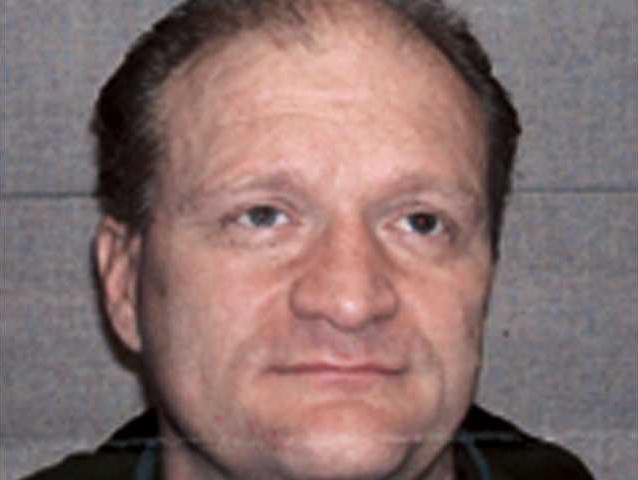PORTLAND, Ore. - Jurors on Tuesday found the Boys Scouts of America negligent and awarded $1.4 million to a former Portland man who was abused by an assistant Scoutmaster in the early 1980s, following a three-week trial in which secret Scout "perversion files" were used as evidence.
The jury also decided the Irving, Texas-based Scouts organization was liable for punitive damages that will be decided in a separate phase of the trial. That would be in addition to the $1.4 million.
The Scouts denied the allegations of negligence and said the files actually helped them keep child molesters out of their ranks.
Lawyers for Kerry Lewis, the victim who filed the lawsuit, argued the Boy Scouts organization was reckless for allowing former assistant Scoutmaster Timur Dykes to continue to associate with the victim's Scout troop after Dykes admitted to a bishop for the Church of Jesus Christ of Latter-day Saints early in 1983 that he had molested 17 Boy Scouts.
The church was the charter organization for an estimated third to one half of the Boy Scout troops in the nation in the 1980s.
Dykes was later convicted three times of various abuse charges involving boys and served time in prison. Shortly before trial, he admitted in a deposition to abusing Lewis.
The Associated Press had not previously named Lewis. But he said Friday he did not object to being publicly identified.
Kelly Clark, an attorney for Lewis, introduced the confidential files to argue that the Boy Scouts was negligent because the files were not used to protect boys from alleged sex abusers but instead were kept secret.
Although the existence of "perversion files" kept by the Boy Scouts at its national headquarters has been known for awhile, the Portland case is believed to be only the second time any of the documents have been seen by a jury.
The Boy Scouts has fought to keep those files confidential. But the Oregon Supreme Court in February approved the release of more than 1,000 files the Scouts kept on alleged pedophiles from 1965 to mid-1984 to be used in the Portland trial.
Chuck Smith, the attorney for the Boy Scouts, told the jury the files helped the Scouts keep potential pedophiles out of the organization. He also said the Scouts relied on local Scout leaders and volunteers to take action because they, not the national organization, were supervising the boys.
He and Paul Xochihua, the attorney for the Boy Scouts' Cascade Pacific Council, further argued that records were unclear about whether Dykes remained officially involved with Scouting after his admission.
Clark opened the trial by showing the jury the six boxes of documents. He made little actual use of them during the trial, but during their deliberations the jury had the opportunity to look through them. It was not immediately clear whether the jury did so.
Jurors deliberated two days before reaching a verdict early Tuesday.

